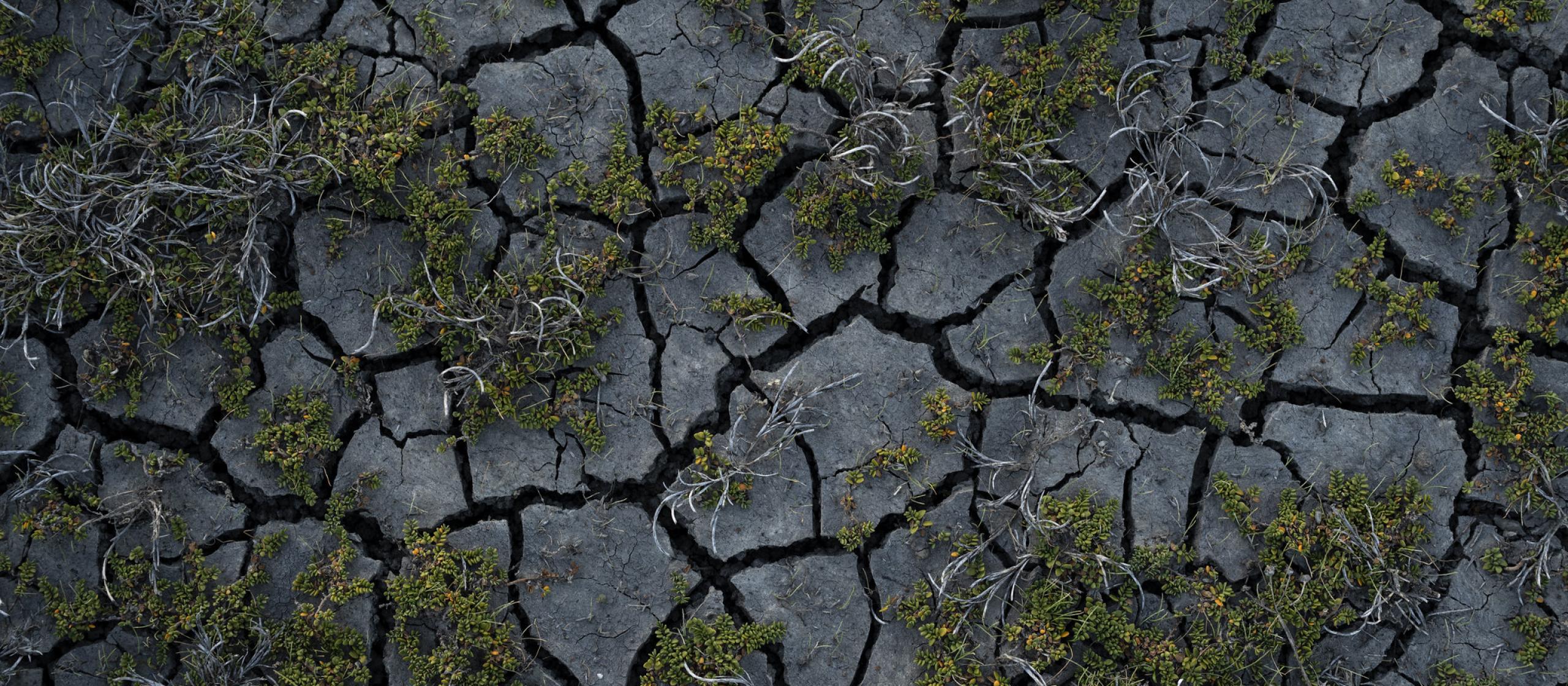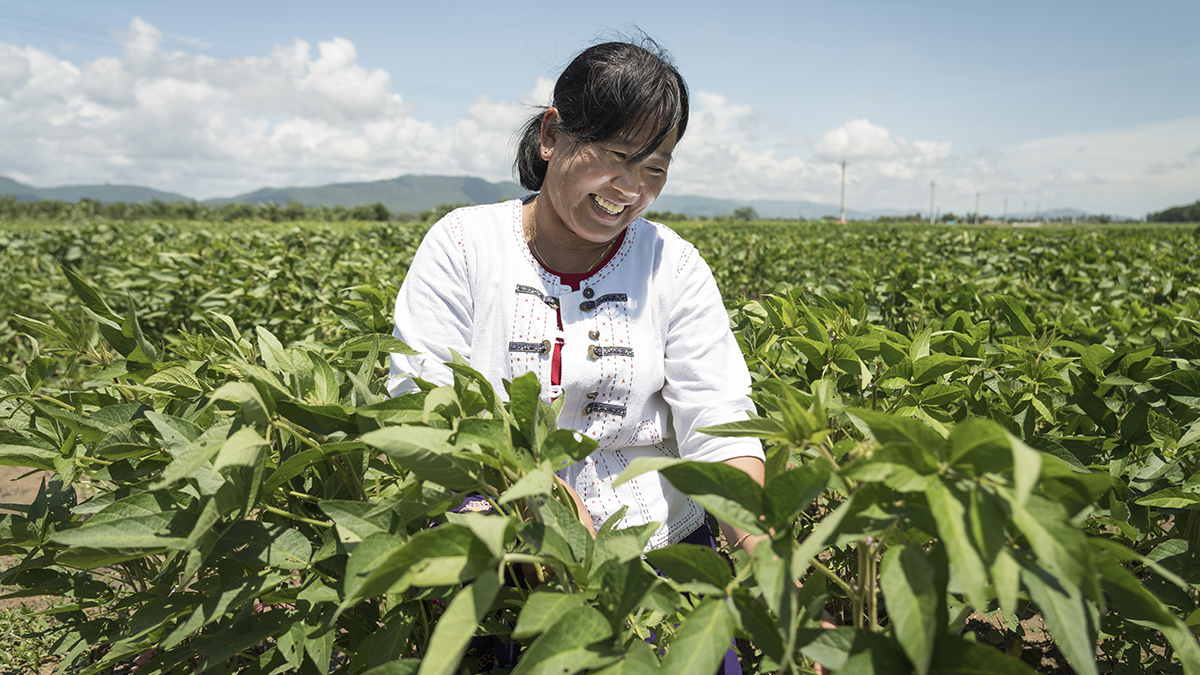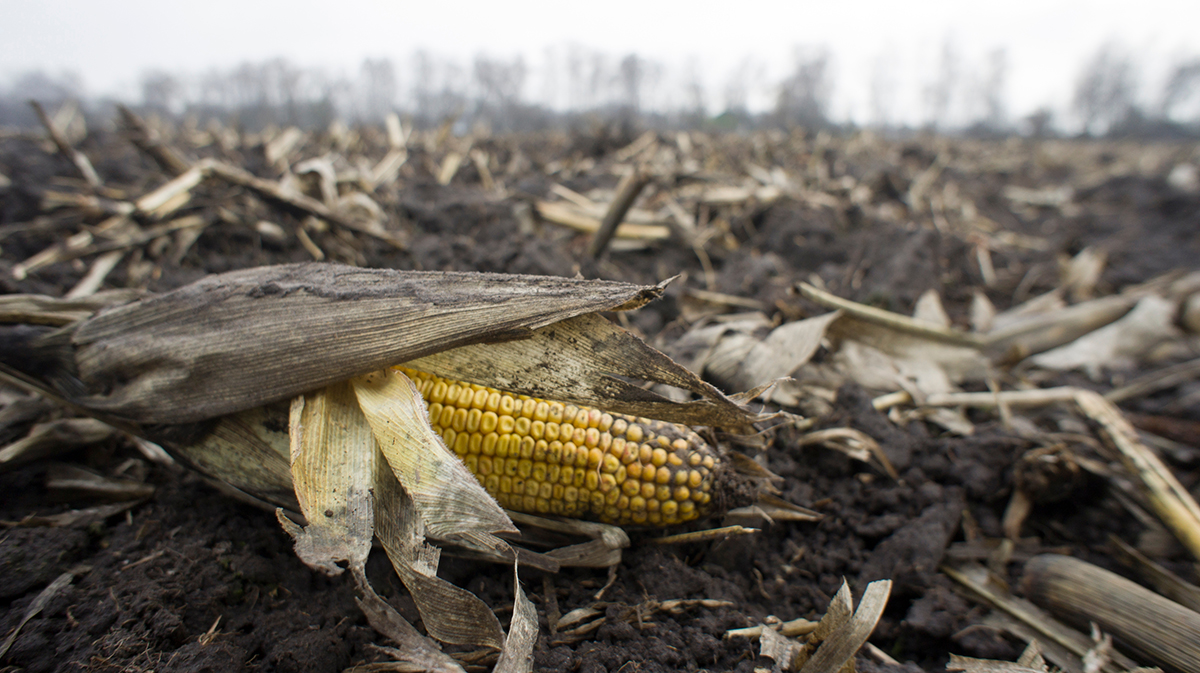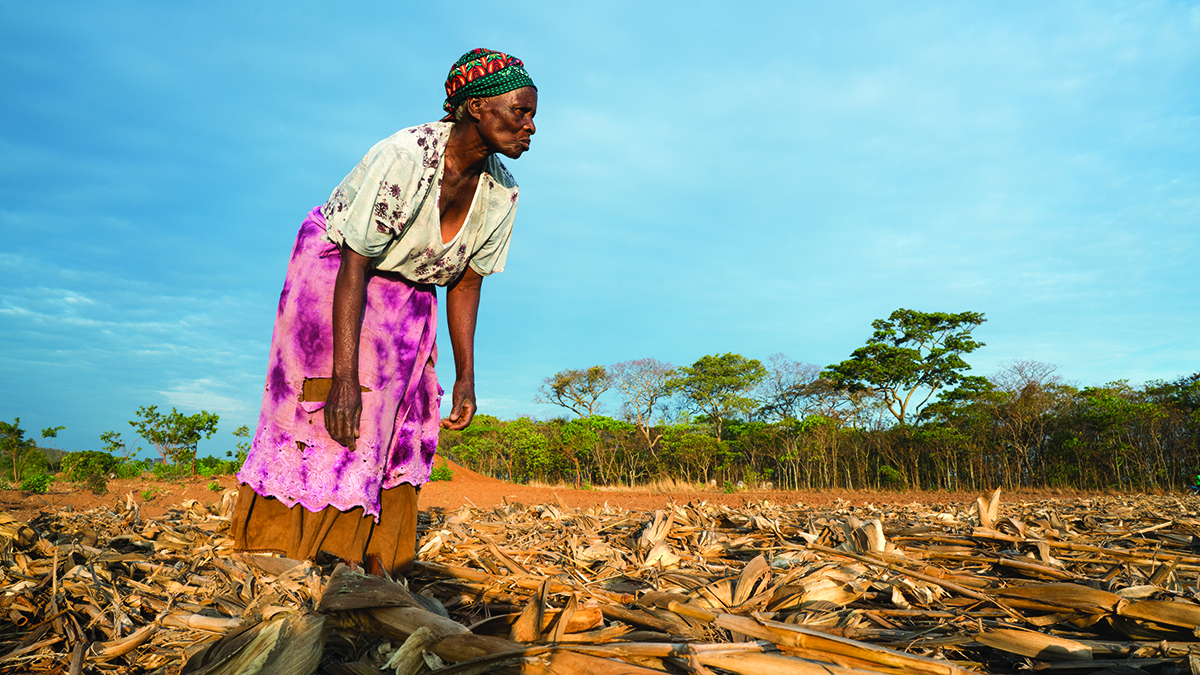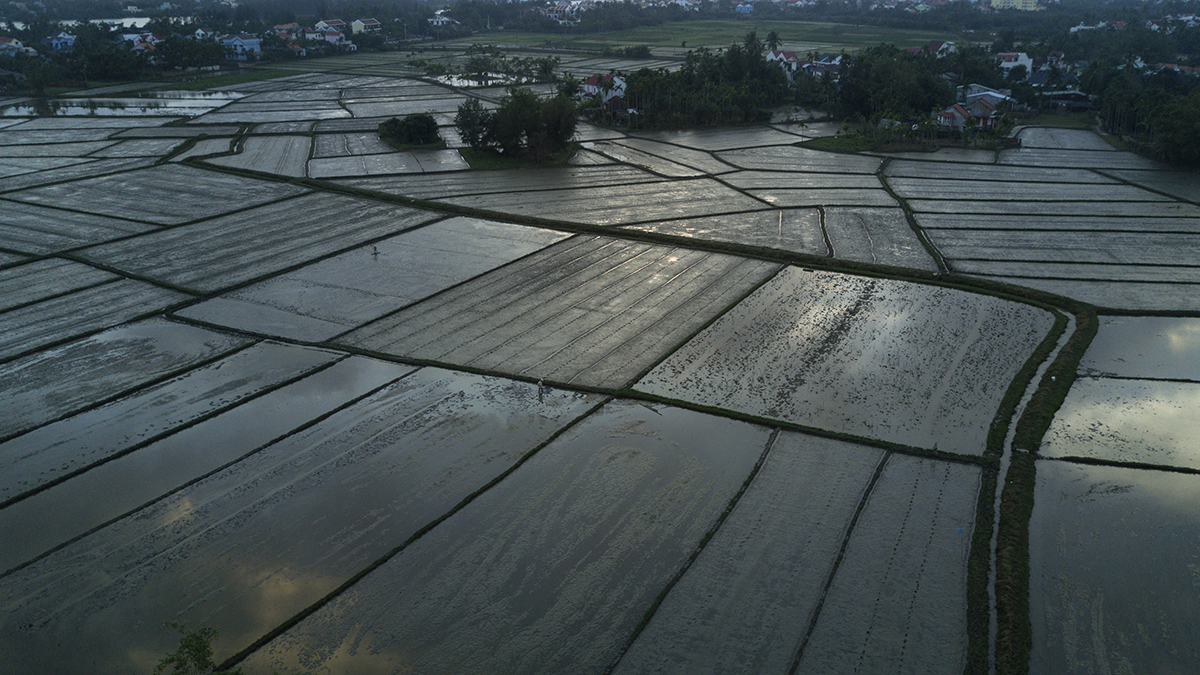- HomeHome
-
About ACIAR
- Our work
- Our people
-
Corporate information
- ACIAR Audit Committee
- Commission for International Agricultural Research
- Policy Advisory Council
- Agency reviews
- Executive remuneration disclosure
- Freedom of information (FOI)
- Gifts and benefits register
- Information publication scheme
- List of new agency files
- Contracts
- Legal services expenditure
- Privacy impact assessment register
- Commonwealth Child Safe Framework
- Benefits to Australia
- Careers
- 40 years of ACIAR
-
What we do
- Programs
- Cross-cutting areas
- Resources
- Where we work
-
Funding
- Research projects
- Fellowships
-
Scholarships
- John Allwright FellowshipScholarships to study in Australia for ACIAR partner country scientists to have Australian postgraduate qualifications
- ACIAR Pacific Agriculture Scholarships and Support and Climate Resilience Program
- Alumni Research Support Facility
- Publications
- News and Outreach
Date released
03 November 2021
By Dr James Quilty, ACIAR Research Program Manager for Soil and Land Management
Smallholders in the developing world produce enough food to feed billions of people. They are resilient, resourceful and have a wealth of knowledge about their farming systems. However, as a result of climate change, smallholder farmers and rural communities in developing nations are facing increasing threats to their food security and livelihoods.
Limited availability of resources and limited access to knowledge and technology threaten the capacity of smallholders to adapt and change their farming practices to build resilience to the impacts of climate change. Through agricultural research for development, opportunities exist to support smallholders in changing their production systems, reducing their carbon footprints and benefitting from the transition to a low carbon economy.
Climate change impacts on smallholders
Climate change poses both direct and indirect threats to farmers, particularly smallholders. The increasing frequency of extreme weather events, droughts, storms, flooding and heat are already impacting the health and wellbeing, livelihoods and food security of many smallholder farmers and the communities in which they live.
Working in fields in extreme high temperatures poses an immediate and real risk to human health. For many smallholder farmers and for agricultural labourers, there is little option other than to work in the fields even as the temperatures threaten their health. If a smallholder doesn’t tend their crop they face a potential loss of income due to poor yields or worse, crop failure. Similarly, for most agricultural labourers in the developing world, a missed day’s wage can have serious ramifications for the health and wellbeing of themselves and their families.
The impacts of extreme weather similarly affect crops. In drought conditions - where farmers don’t have access to irrigation – plants simply can’t survive. Extreme high temperatures can burn crops and when extreme high or low temperatures occur at critical growth and development stages of a crop, it can be devastating to the crop yield. Flooding can kill a crop and with sea levels rising when the flood water is full of salt, not only will crops rapidly die, but the soil will remain largely unproductive until freshwater flushes the salt away.
Improving soil health for climate resilience
Agricultural research for development needs to be framed within the context of climate change. Across the research supported through the ACIAR Soil and Land Management Research Program, a common focus is to build resilience in smallholder farming systems through improving the health of soils.
Within a developing world smallholder context, intensification of farming systems has almost ubiquitously resulted in the loss of soil carbon and degradation of soil fertility. This soil degradation increases the risks to agricultural production associated with impacts of climate change. Arresting the decline in soil health and reversing it improves the capacity of soils to support healthy plant growth and the resilience of crop production systems to the impacts of climate change. Improving soil structural condition and increasing the amount of carbon and organic matter in the soil improves the fertility and water retention potential of soils.
Healthy soils also support natural biological processes of nutrient cycling and root growth, and can help avoid or limit the impact of droughts on crops and improve the rate of recovery in cropping systems after flooding.
To improve soil health within smallholder systems research needs to be conducted hand-in-hand with smallholder farmers to understand the resources available to them, to identify and fill gaps in knowledge and capacity, and to deliver technologies and changes in agronomic practice that fit within the context of their livelihoods.
Engaging smallholders in low carbon economies
Improving soil health builds resilience in smallholder farming systems which is critical to sustaining livelihoods and meeting the nutrition and food security needs of hundreds of millions of people around the world. However, there are other climate change-related challenges facing smallholders, including the risk that they will miss out on opportunities to engage in low carbon economies.
Carbon markets are a mechanism which have the potential to provide farmers, including smallholders, with financial support as they reduce greenhouse gas emissions and increase carbon sequestration in soils and biomass. Carbon markets can facilitate the offsetting of emissions from one sector by carbon sequestration in another. In this way, farmers could earn carbon credits for sequestering carbon in their land. If smallholders are able to participate in carbon markets this can open new opportunities that could improve and diversify their livelihood options and contribute to global efforts to reach net zero emissions.
There are many potential barriers to smallholders’ access to carbon markets, of which three are immediately obvious. The first issue is scale. For an Australian farm, which is often many thousands of hectares, the potential to store carbon in soil and biomass is relatively large. In contrast, a smallholder who is managing less than 5 hectares of land has limited potential to store carbon on their farm. Second, access to knowledge and technology can limit a smallholder’s capacity to adopt practices that would reduce emissions and store carbon within their farming resource. Third, the current costs associated with measuring and reporting on carbon stocks are prohibitive to smallholder participation in carbon markets.
ACIAR is supporting research that aims to develop practical and adoptable agronomic practices that reduce the carbon footprint and increase carbon stocks in smallholder farming systems, which is necessary to both reduce global emissions and to ensure they are able to engage in markets in low carbon economies. As well as building resilience in farming systems it is necessary to find ways for smallholders to gain benefit from lowering their carbon emissions. Many smallholders around the world work within farmer cooperatives, collectives and association. To combat climate change, collective action at a global scale is necessary. Collective action and collective benefit at a local scale may be the key for smallholders to both lower their emissions and effectively participate in the future low carbon economy.
Dr James Quilty is the Research Program Manager for Soil and Land Management at ACIAR. The research program currently funds 15 research for development projects throughout the Indo-Pacific. Learn more.
